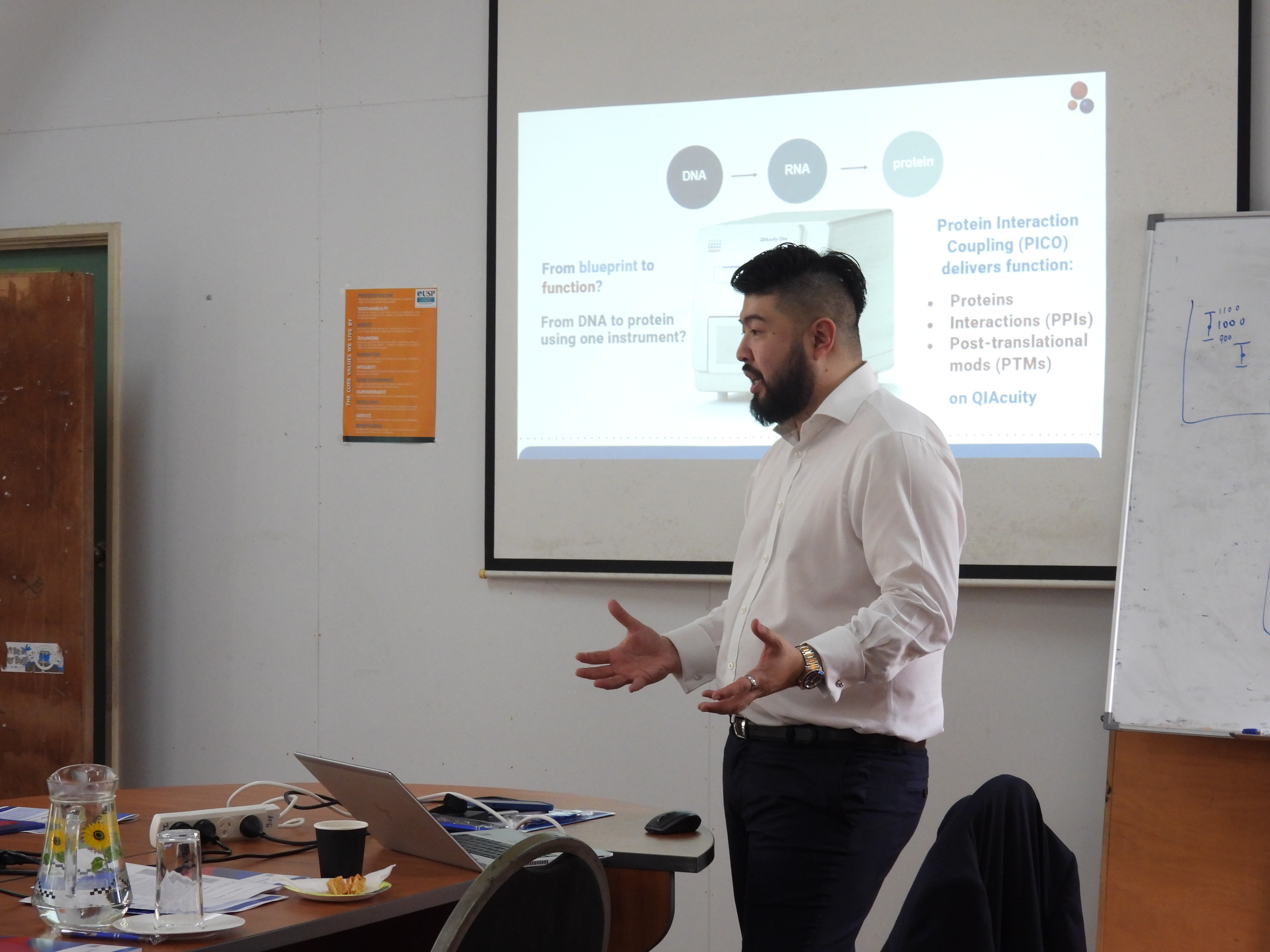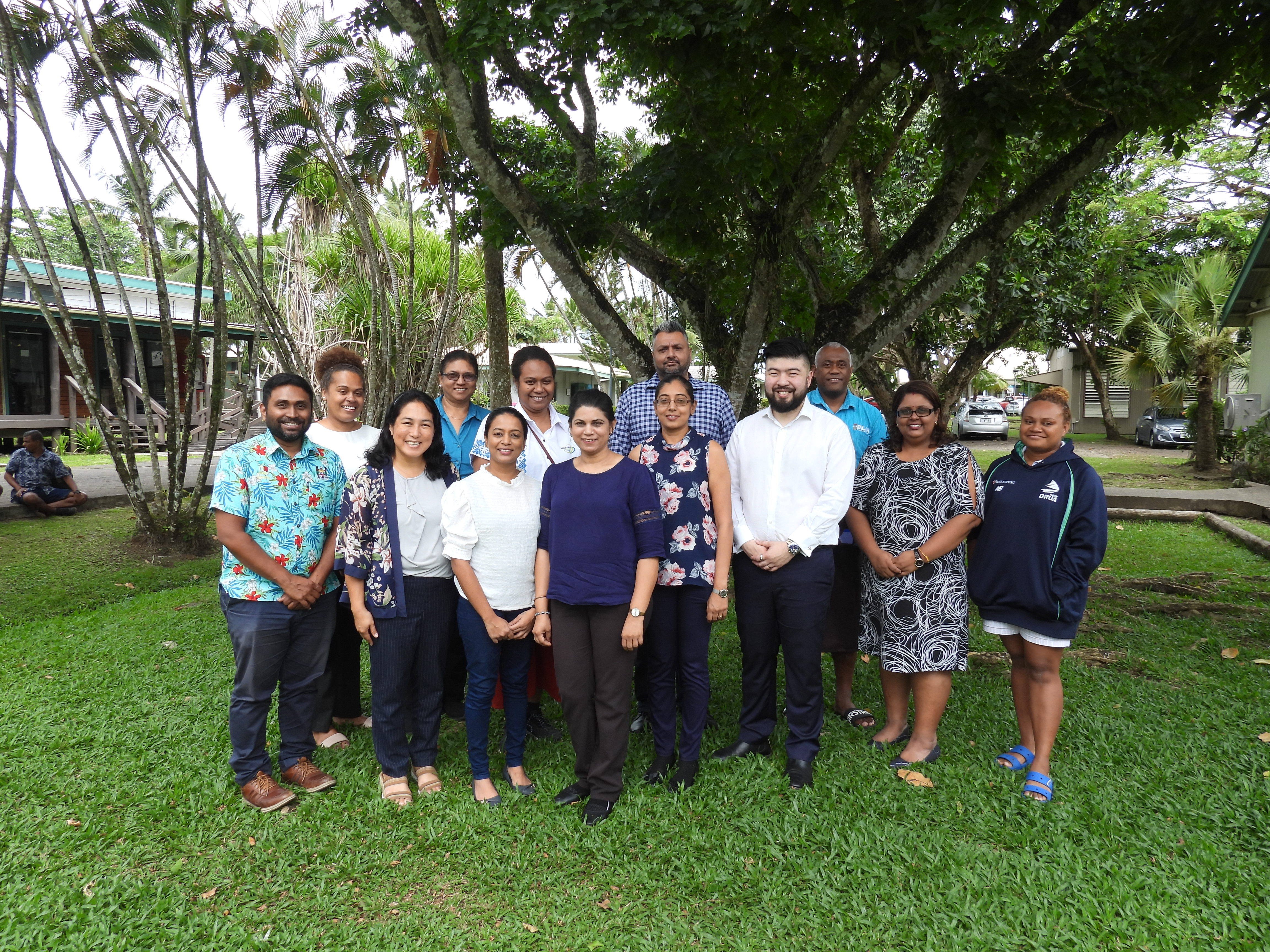Related News

The Institute of Applied Sciences recently organized a two-day Workshop on QIAGEN from Wednesday 18 October to Thursday 19 October. The training conducted by the Qiagen Sales Development Manager Dr Joshua Linn was held at the IAS Conference Room, USP Lower Campus.

QIAGEN is a provider of sample and assay technologies for molecular diagnostics, applied testing, academic and pharmaceutical research and operates in more than 35 offices in over 25 countries. Molecular diagnostic kits used throughout the Pacific are mostly sources from Qiagen.
Participants at the workshop included staff from the Ministry of Health, Colonial War Memorial Hospital Medical Laboratories, Biosecurity Authority of Fiji, Fiji Veterinarian and Pathology Laboratory and IAS staff members.
Topics covered included:

Training organiser and Laboratory Manager of the IAS Laboratory Dr Vincent said that the training was timely as IAS is exploring molecular analysis over conventional plating and microbiology culture methods for rapid identification of microorganisms. “Digital PCR methods will allow a shorter turn-around time for results and also allow Technicians to familiarise themselves with molecular biology techniques,” he said.
IAS has also been involved with DNA metabarcoding and species-specific targeted approaches using qPCR to detect and confirm marine invasive alien species in local marine environment through the Pacific Islands Marine Bioinvasions Alert Network (PacMAN) Project since 2021. PacMan Project Manager, Joape Ginigini stated that the training enabled the team to learn of new molecular technologies offered by QIAGEN. “IAS as a research institute is continuing to explore efficient and innovative solutions that could contribute effectively to tangible scientific backed solutions to assist the development of management plans and policies with national and regional governments especially in relation to their marine environment,” he said.